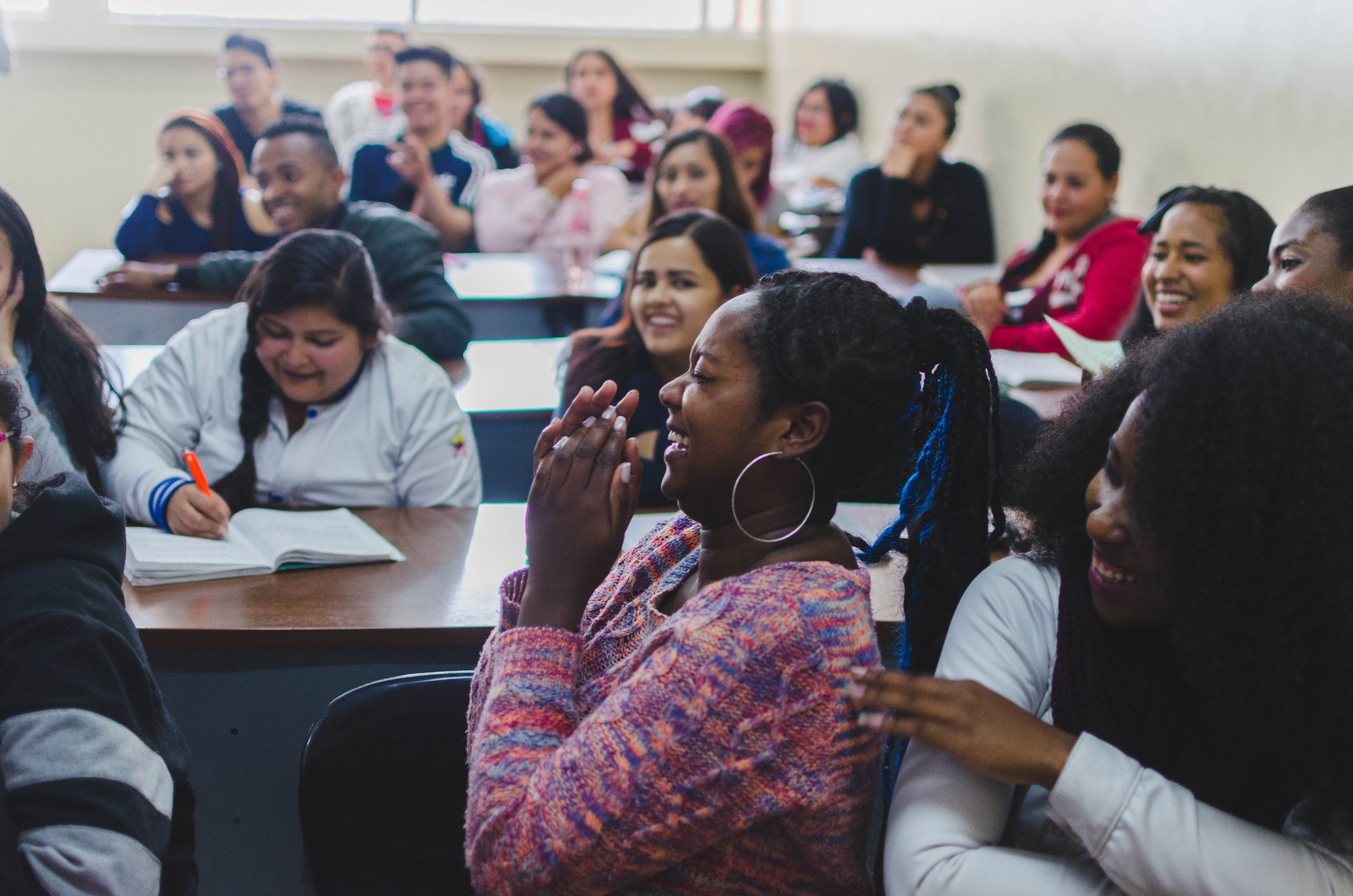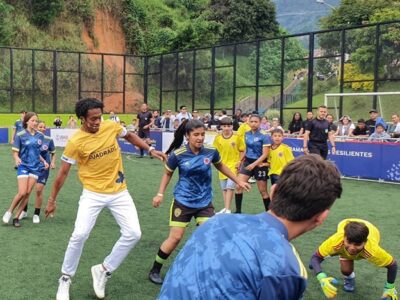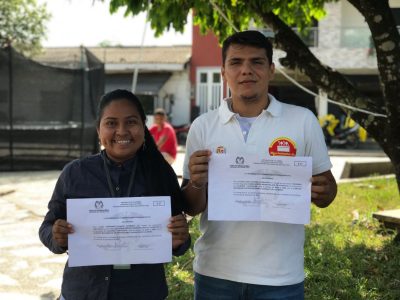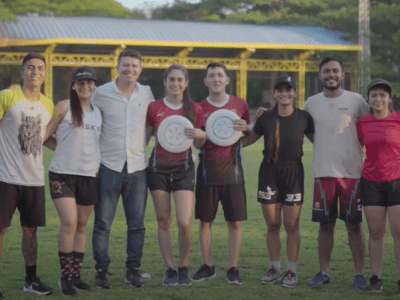
Disengaged child soldiers, former youth offenders, youth in vulnerable socio-economic conditions, migrant youth and youth in migrant receptor communities, youth vulnerable to recruitment and utilization, and youth survivors and/or at risk of intrafamily violence or gender-based violence (GBV) face a range of systemic challenges.
These challenges include intrafamily violence; weak relationships with parents and caring adults; patriarchal or toxic masculinity norms; attraction to illegal activities; sex trafficking, predominantly of young women and girls; bullying; self-harm; substance abuse; normalization of community violence; and significant social stigma within return communities for former youth offenders, disengaged child soldiers, and migrants.
These systemic challenges require our inclusive systems approach to ensure that youth are equipped with assets, empowered to exercise agency, and protected by and contributing to positive enabling environments that mitigate violence and crime risks and build youth resiliency.
Project Objectives
- Objective 1: Healthy relationships and networks established
- Objective 2: Youth-centric protective environments created
- Objective 3: Youth economic empowerment enhanced
- Cross-cutting Objective: Strategic communications for social cohesion enhanced
Project Activities & Approaches
Using a socio-ecological perspective, YRA’s approach starts with the youth themselves and targets multiple social and environmental layers impacting youth’s positive development. These layers include:
- Families, communities, schools, civil society organizations (CSOs), faith-based organization (FBOs), private sector, and public institutions.
- The approach’s embedded conflict-sensitive focus operationalizes Do No Harm (DNH) and protection principles and prioritizes trauma-informed risk identification and mitigation strategies.
Anticipated Project Results
Objective 1: Healthy Relationships and Networks Established
- Youth psychosocial and life skills improved
- Parenting skills and family cohesion strengthened
Objective 2: Youth-centric protective environments created
- Youth engagement in community dynamics improved
- Youth’s access and engagement in safe public spaces improved
- Efficacy of youth-centered and family support services increased
Objective 3: Youth economic empowerment enhanced
- Market-driven and youth-centered workforce development strengthened
- Youth access to inclusive, sustainable and market-driven economic opportunities increased
Funder: USAID

Chief of Party: Jimena Niño; jnino@acdivoca-co.org

Project Director: Nicole Chao; nchao@acdivoca.org
Project Specialist: Nick Okerlund, nokerlund@acdivoca.org
Related News

Soccer Star Cuadrado Becomes Youth Ambassador of USAID Colombia Youth Resilience Activity
In Medellin’s Comuna 8, Juan Guillermo Cuadrado, one of the most important Colombian soccer players in recent years, was presented …

Colombian Youth Leaders Hit the Ground Running in 2022 with Youth Resilience Activity’s Support
At the end of last year, a record 1.2 million Colombian youth voted to elect 10,824 of their peers to …

Video About Plan T, the Social Transformation Initiative Empowering Colombian Youth
Plan T, a social transformation initiative implemented by the Presidential Office for Youth (DAPRE), Colombia Joven, and USAID and ACDI/VOCA’s …


